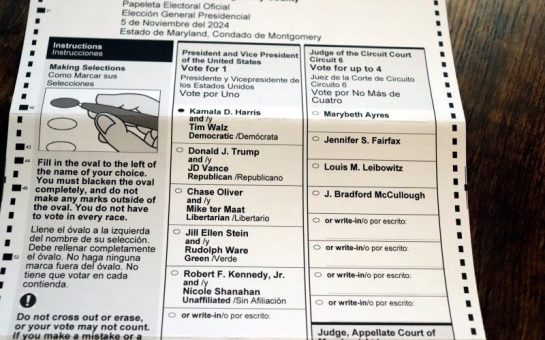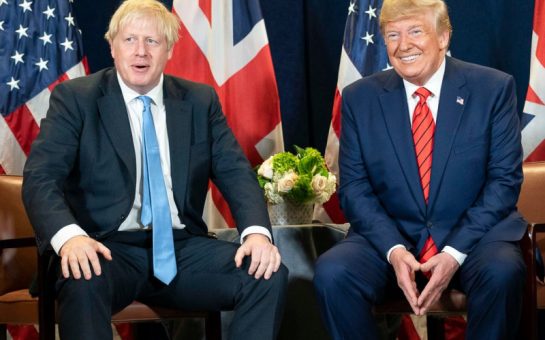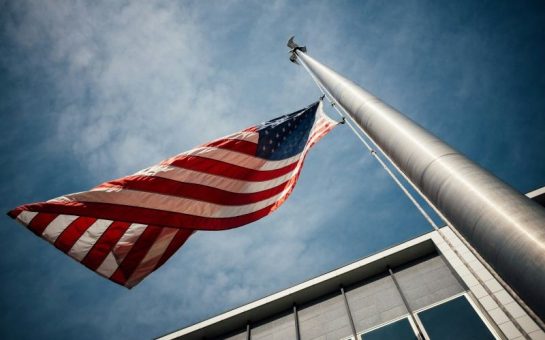President Barack Obama will meet his successor Donald Trump tomorrow – a man who led a campaign to force Obama to publish his birth certificate.
Both men rode to the White House on a wave of support for change. In most other regards, Obama’s influence could not be more different from that of Trump.
“I wake up every morning in a house that was built by slaves,” said Michelle Obama in a speech earlier this year.
The US is still ridden with racial tensions, seen with the Black Lives Matter protests over police shootings of unarmed black people.
Yet the 2008 election of the first black President in a nation scarred by slavery and apartheid with 53% remains remarkable.
Obama’s open style became a source of criticism for many of his own supporters. Despite his idealistic campaign, left-wing Democrats said he was too focused on gaining the support of Republicans for legislation, who rarely gave support.
His most substantial legacy, the Affordable Care Act (popularly referred to as Obamacare), was seen by many in his party as compromised.
Instead of a publicly-funded healthcare service for all Americans, the legislation was a mix of regulations and subsidies for private health insurance.
It was, nonetheless, significant as a century of Presidents had failed to pass substantial healthcare legislation.
The left of his party has been particularly critical of his failure to close the Guantanamo Bay detention facility in Cuba. But perhaps his most significant foreign policy legacy is not in Libya or Syria, but in Cuba itself.
True to his promise of being willing to talk to political enemies with no preconditions, Obama started to unravel the United States’ five decade-long embargo on Cuba.
The embargo had almost no international support, but no US administration had dared to alter it since 1961.
These two achievements speak to Obama’s often painstaking negotiation style, criticised by some as too slow.
Whether the deal with Iran on nuclear power or with China on the Paris climate accords, he presented himself as a truly global President.
But much of the disappointment in him was fuelled by the political gridlock in Washington.
Obama had been elected in 2008 on a platform to renegotiate trade deals – securing white working-class support in states like Iowa and Ohio.
Trump on the right, and Bernie Sanders on the left, were there to capitalise on his failure to deliver this in 2016.
Only a brash non-politician like Trump was trusted to smash it open. He could quickly undo much of the legislation passed under Obama.
Following Obama’s election in 2008, many proclaimed the Democrats would be the dominant party for decades to come.
After Mr Trump’s election, that legacy may well unravel.



